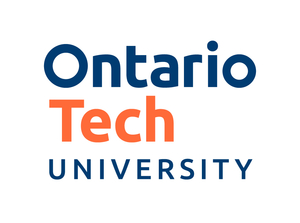A novel method of generating Dendritic cells in vitro using the KG-1 cell line and its use as a model for testing effects of lactic acid bacteria
Abstract
Dendritic cells (DCs) are prime mediators of innate and adaptive immunity. In humans the DC population comprise only 0.1% of all leukocytes, making their isolation and ex vivo manipulation difficult. Since study of DC activity in vitro requires large numbers of DCs to be readily available, a cell line model, KG-1, was selected. KG-1 cells are a cytokine-responsive human CD34+ myelomonocytic cell line and can be induced to differentiate to a DC phenotype. A range of differentiation agents and protocols were compared, and differentiation efficiency was determined using both morphological features and cell surface marker expression. Expression of CD83, CD11c, CD123, CD86, HLA-DR and DC-SIGN was assessed by immunofluorescence and flow cytometry. KG-1 cells stimulated with 10 ng/ml PMA and 100 ng/ml Ionomycin were found to be the ideal model for obtaining Dendritic Like Cells (DLCs) in vitro. The effect of lactic acid bacteria on KG-1 differentiation was also tested using two immunomodulatory strains, Lactobacillus rhamnosus R0011 and Lactobacillus helveticus R0052. After 5 days of incubation with R0011 the KG-1 cells expressed DC-specific surface markers CD83, CD86, CD11c, CD123, DC-SIGN and HLA-DR. Lactobacillus rhamnosus R0011 induced a marked rise in CD83 expression with a mean fluorescence intensity of 115.3 after 5 days, suggesting this strain promoted KG-1 differentiation to DLC. Analysis of cytokine by KG-1 DLC indicated that constitutive production of pro-inflammatory cytokines TNF-α and IL-12 was minimal. However IL-10 and TGF-β were detected after TLR-agonist stimulation of R0011-differentiated KG-1s. This study aimed to develop and assess the KG-1 cell model for screening effects of mediators and microbes on DC.

